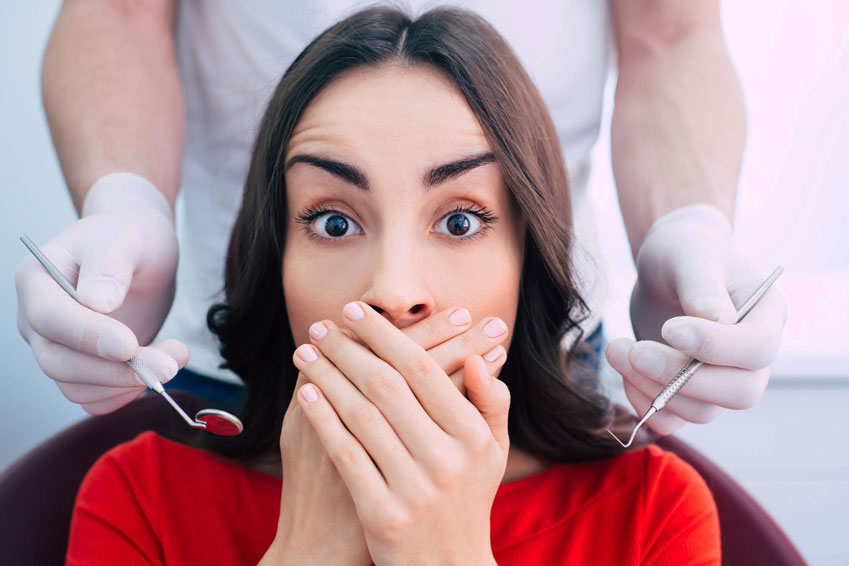If you are beginning to see thinning of your hair, it may not be from normal aging.
Numerous drug makers report hair loss as a side effect of some of their product, which can be frustrating to people who depend on them for life-saving therapy.

How Medications Affect Hair Growth
Human hair is an amazing part of our body. Hair follicles are the little “factories” from which individual hairs grow. Most people are not aware that hair follicles experience three distinct phases…
ANAGEN PHASE
Amazingly, hair grows, each month, approximately one-half inch – more in winter, less in summer. The anagen or growth phase, runs three to five years, up to seven years for people of Asian descent. A fully grown, uncut hair averages 18 to 30 inches in length and around six inches more in Asians.
CATAGEN PHASE
After Anagen, a brief transitional phase lasting approximately two to three weeks occurs. Hair growth ceases, and the outer root sheath contracts, attaching itself to the root of the hair. This is the formation of what is known as a club hair. Roughly three percent of human hair is in the Catagen phase at any given time.
TELOGEN PHASE
Lastly, hair enters telogen, a resting phase for the follicle, when hair is released and falls out. The follicle remains inactive for about three months. Then the entire process is repeated.
Each hair follicle acts independently of the other, otherwise all your hair would fall out at once, similar to shedding mammals.
Instead, a healthy human sheds only 25 to 100 hairs each day. The problems occur when drug treatments disrupt the stages of hair growth. Some drugs cause hair to go into the telogen phase prematurely and it falls out too early. Other drugs affect the anagen phase by preventing matrix cells from dividing normally. Either problem can lead to hair loss.
Common Drugs That May Cause Hair Loss
 Medications are prescribed for a wide variety of issues, and it is not unusual for people to take two or more drugs, each of which can affect hair growth. Here are just a few common therapies that may have hair loss as a side effect:
Medications are prescribed for a wide variety of issues, and it is not unusual for people to take two or more drugs, each of which can affect hair growth. Here are just a few common therapies that may have hair loss as a side effect:
- Beta-blockers for blood pressure and cardiovascular function
- Blood-thinners
- Antidepressants
- Anticonvulsants
- Female and male hormone replacement drugs
- ACE-inhibitors (angiotensin-converting enzyme inhibitors for blood pressure)
- Gout medications
- Vitamin A
- Statin drugs for lowering cholesterol
- Parkinson’s disease drugs
- Thyroid medications
- Weight-loss drugs
- Steroid drugs
Chemotherapy Drugs Associated with Hair Loss
 Chemotherapy is most often associated with hair loss, although this is not always the case. Many different drugs used in cancer treatment are among those that can have this effect. Given that they are designed to kill cancer cells, they may also damage healthy cells, such as hair matrix cells.
Chemotherapy is most often associated with hair loss, although this is not always the case. Many different drugs used in cancer treatment are among those that can have this effect. Given that they are designed to kill cancer cells, they may also damage healthy cells, such as hair matrix cells.
Hair loss tends to occur in individuals who are taking combination drugs for chemotherapy. The hair may begin to fall out within the first two weeks, and this progresses rapidly during the following one to two months.
Hair will normally begin to regrow after the chemotherapy treatment period, although it may change in texture or thickness.
Yet, losing your hair can be a distressing, embarrassing event, and many people often wear hats, wigs or scarves during the regrowth period.
Speak with your doctor about using minoxidil to help new hair grow in thicker. Scalp hypothermia – applying ice packs to the scalp during chemotherapy treatments, can help to prevent hair loss in some people.
Generally, what can you do to minimize the effects?
If you are being treated with any of these medications, you should first discuss the matter with your doctor. In some cases, the physician is able to change medications to those with less severe effects on hair follicles.
If treatment is necessary and medications cannot be changed, make the most of the hair you do have…
- Use gentle hair products.
- Avoid harsh treatments such as dyeing, straightening or having a permanent.
- Protect your hair from damaging UV rays – cover your hair in bright sunlight.
- Massage your scalp daily to improve circulation.
Hair replacement therapy is also an option, once treatments are over and recovery is complete.
Hair is often connected to peoples’ perceived visual identity. Medications and medical treatments can cause dramatic changes. If you are prepared, you and your doctor may be able to minimize the effects.



















